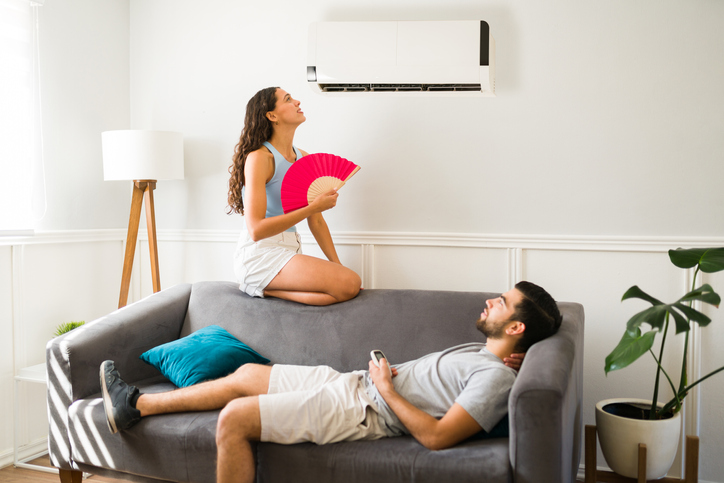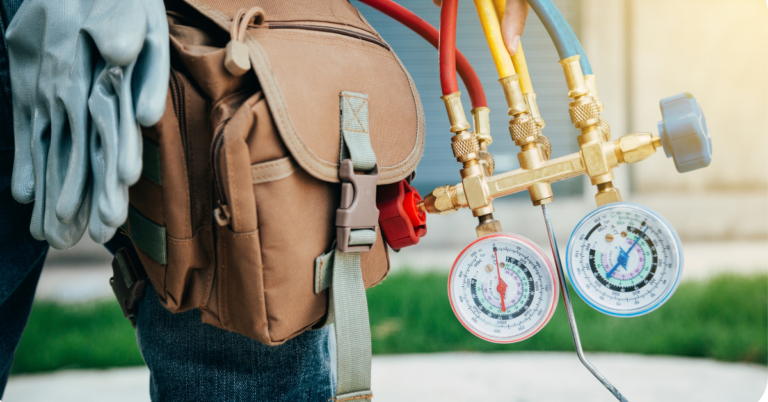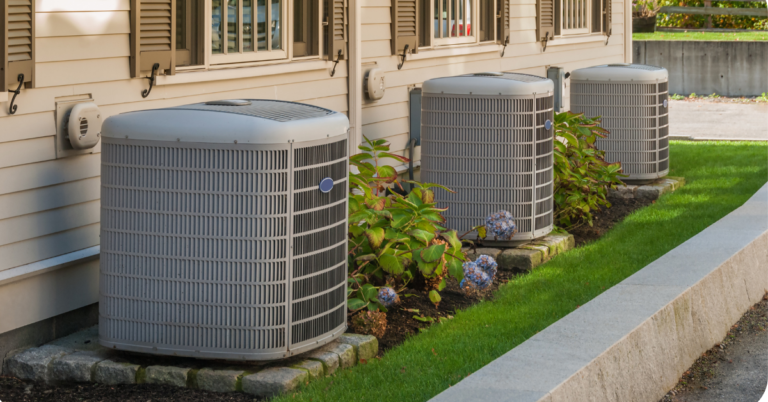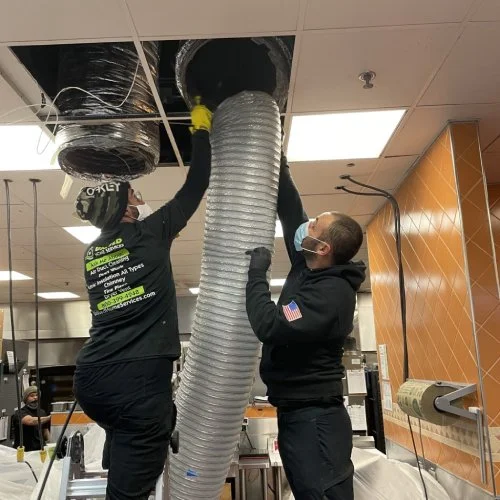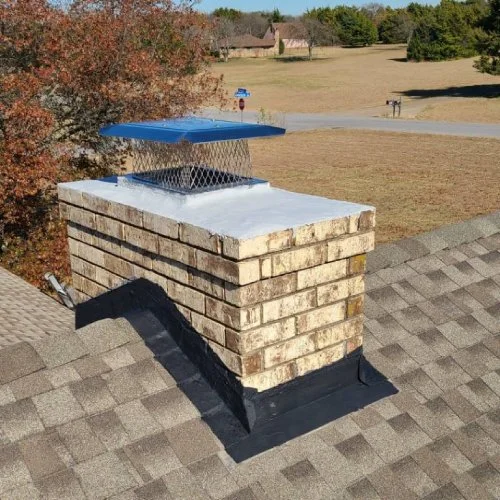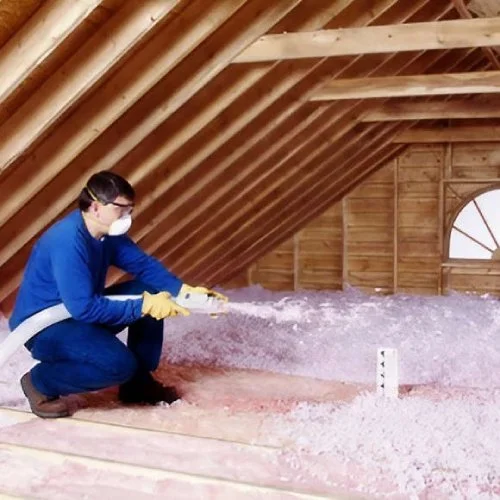There is nothing worse than sitting in your home on a hot afternoon and realizing your air conditioner is suddenly blowing hot air. If your AC unit is doing the same, it could be due to any number of reasons. In this post, you’ll learn why this is happening and whether you should call AC repair near me service to handle the problem.
Reasons Your Air Conditioner Is Blowing Hot Air
When the weather heats up, the last thing you want is for your air conditioning system to blow hot air. Unfortunately, this is a common problem that many homeowners face, and it can be caused by a variety of issues. Understanding the most common reasons why your AC is blowing hot air can help you diagnose the problem and determine whether you can fix it yourself or need to call in an AC maintenance professional. In this article, we’ll explore some of the most common causes of AC systems blowing hot air.
Your Thermostat Is Turned To “Heat” Mode
We know, we know, it sounds like such a “duh” thing but you’d be surprised how often it happens. It’s possible that you accidentally turned your thermostat to Heat mode. Just check if this is the case, and make sure the switch is turned to Cool mode.
Your Air Filter and Evaporator Coil are Dirty
If your thermostat is turned to Cool mode, but you’re still getting hot air, it could be due to a dirty air filter that’s caused the evaporator coil to become dirty as well. If this is the case, you can change the air filters yourself but to change the coil, you’d need to call in an air conditioning service near me.
Your Outdoor AC Unit Is Dirty
Take a look outside at your outdoor AC unit, also known as the condenser unit. Do you see anything blocking the airflow of condenser coils? Do you see debris/dirt accumulation around the unit?
If yes, this could be why your AC unit is dispensing hot air instead of cold. Cleaning these condenser coils will require professional expertise so you may need to call HVAC experts.
Your Refrigerant Is Running Low
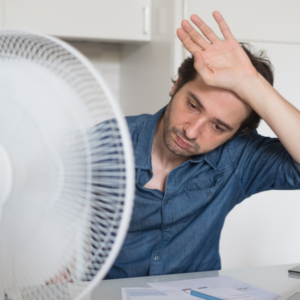 In order to cool your home effectively, your AC unit needs a proper refrigerant charge, generally Freon. So, if there is a leak in your refrigerant, your AC will fail to produce any cold air at all.
In order to cool your home effectively, your AC unit needs a proper refrigerant charge, generally Freon. So, if there is a leak in your refrigerant, your AC will fail to produce any cold air at all.
The easiest way to tell whether your refrigerant is running low is by looking for ice formation on the outdoor and indoor AC units. If this is the issue, you’d better call in the professionals because only they can properly provide a Freon charge.
Your Outdoor AC Unit Has Lost Power
If the outside unit loses power but the indoor one doesn’t, it can also cause the AC to blow warm air. It’s possible the unit lost its power because of a damaged fuse or tripped circuit breaker. Check the fuse panel and circuit breaker to see if this is the issue.
Get Air Repair Near Me Services
Keeping an eye on these issues will keep your AC from blowing hot air and will also save you from an expensive repair/replacement job. This is why preventative maintenance is recommended, especially before the hot season starts.
If you need maintenance done on your AC unit or want someone to fix it, call United Home Services to schedule a consultation. Our trained and certified AC repair technicians will determine why the unit is blowing hot air and how to fix it on the same day.
Call us toll-free at 800-399-4248 or complete our online contact form to set up an appointment today!

